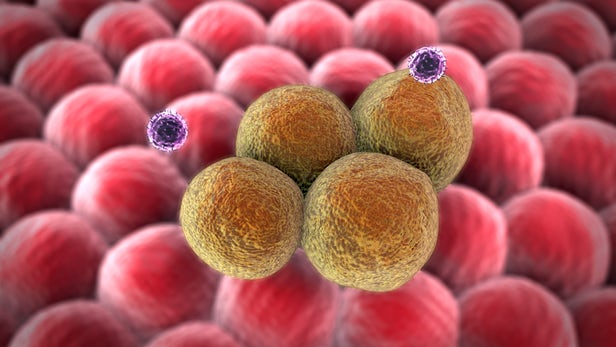
Breaking News
 China's Nightmarish New Bio Weapon Targets Race and Ethnicity
China's Nightmarish New Bio Weapon Targets Race and Ethnicity
 The Epstein Files Just EXPOSED the AI Mind Control Agenda (2026 Warning)
The Epstein Files Just EXPOSED the AI Mind Control Agenda (2026 Warning)
 Maxwell offers testimony if granted Trump clemency
Maxwell offers testimony if granted Trump clemency
 How RFK Jr's Guidelines Could Change Farming - Joel Salatin
How RFK Jr's Guidelines Could Change Farming - Joel Salatin
Top Tech News
 SpaceX Authorized to Increase High Speed Internet Download Speeds 5X Through 2026
SpaceX Authorized to Increase High Speed Internet Download Speeds 5X Through 2026
 Space AI is the Key to the Technological Singularity
Space AI is the Key to the Technological Singularity
 Velocitor X-1 eVTOL could be beating the traffic in just a year
Velocitor X-1 eVTOL could be beating the traffic in just a year
 Starlink smasher? China claims world's best high-powered microwave weapon
Starlink smasher? China claims world's best high-powered microwave weapon
 Wood scraps turn 'useless' desert sand into concrete
Wood scraps turn 'useless' desert sand into concrete
 Let's Do a Detailed Review of Zorin -- Is This Good for Ex-Windows Users?
Let's Do a Detailed Review of Zorin -- Is This Good for Ex-Windows Users?
 The World's First Sodium-Ion Battery EV Is A Winter Range Monster
The World's First Sodium-Ion Battery EV Is A Winter Range Monster
 China's CATL 5C Battery Breakthrough will Make Most Combustion Engine Vehicles OBSOLETE
China's CATL 5C Battery Breakthrough will Make Most Combustion Engine Vehicles OBSOLETE
 Study Shows Vaporizing E-Waste Makes it Easy to Recover Precious Metals at 13-Times Lower Costs
Study Shows Vaporizing E-Waste Makes it Easy to Recover Precious Metals at 13-Times Lower Costs
"Nano-factories" produce anti-cancer drugs from inside tumors

Like the horse of Troy, scientists at the Technion have developed a way to sneak synthetic cells right into tumor tissue, where they then begin producing cancer-fighting proteins from the inside. The technique was tested in both cell cultures and in mice, and found to be an effective treatment in both cases.
Cancer cells thrive thanks to some robust defense mechanisms, so finding ways to get past them is a key area of research. In the past, scientists have sent gold nanoparticles inside tumors by hitchhiking on white blood cells, before heating the gold with near-infrared light to kill the cancer from within. Others examined the possibility of administering a "prodrug" that remained inactive until it detected cancer markers, and then began producing drugs from inside the tumor.
The new work follows a similar function as the latter. The Technion scientists loaded molecular machines inside lipid-based particles that resemble biological cell membranes, creating what they call "nano-factories." Once they're activated by sensing the presence of abnormal cells, these particles kick into gear, producing specific therapeutic proteins and pulling the energy and building blocks they need from the tumor tissue around them.
"By coding the integrated DNA template, the particles we developed can produce a variety of protein medicines," says Avi Schroeder, one of the lead researchers on the study. "They are modular, meaning they allow for activation of protein production in accordance with the environmental conditions. Therefore, the artificial cells we've developed at the Technion may take an important part in the personalized medicine trend – adjustment of treatment to the genetic and medical profile of a specific patient."

 Smart dust technology...
Smart dust technology...

